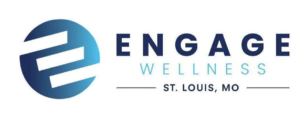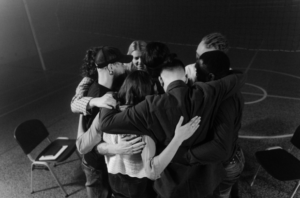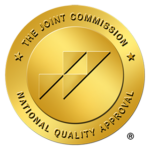Home /
Home / Addiction Therapies & Treatment Programs at Engage Wellness
LEARN MORE ABOUT
Therapy for Addiction and Co-Occurring Disorders
Treatment is where you receive healthcare interventions to support sobriety. Therapy is where you learn the skills to live your new sober life and change the trajectory of your future. Mental health and behavioral health therapies form the center of treatment interventions.
These modalities help you or your loved one cultivate change, gain personal insights, learn new coping skills, understand underlying causes of harmful behaviors, identify potential triggers, and so much more. The specific types of therapy will vary depending on individual treatment plans and will include both group and individual therapy sessions.
Engage Wellness integrates these evidence-based addiction therapies with holistic lifestyle interventions and medication assisted treatment so you can build a new and exciting life full of hope and potential.














